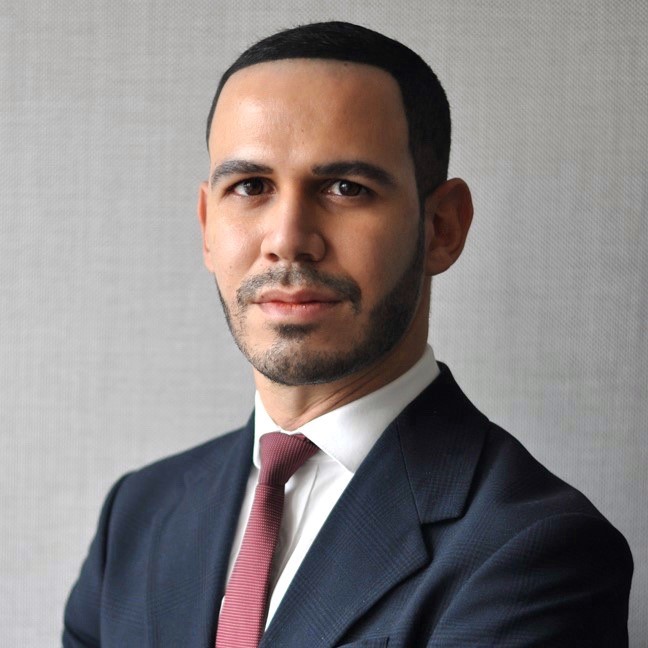According to a recent article published by the World Bank, 56% of the world’s population – 4.4 billion inhabitants – live in cities. This trend is expected to continue, with the urban population doubling by 2050. With more than 80% of global GDP generated in cities, it is widely recognised that the climate battle will be lost or won in the urban domain.
The United Arab Emirates (UAE) making sustainable cities a reality
A city’s sustainability depends on the amount of energy it sources from renewable energy, the efficiency of its buildings, the sustainability of its public and private transport, its green spaces, waste management and level of water conservation. Through its thoughtful strategy and impactful actions in all these areas, the UAE has proved itself a leader in sustainable urban development and planning. In the words of His Highness Sheikh Mohammed bin Rashid Al Maktoum, Vice-President and Prime Minister of the UAE and Ruler of Dubai, the UAE has made “the impossible possible.”
In fact, this year the UAE will host the annual UN climate change conference, COP 28 and has made 2023 the Year of Sustainability. It has also authored the UN Sustainability Development Goal 11 City Insights Report – a paper that explores how to achieve the UN’s 2030 sustainability goals through the world’s cities and communities. The UAE itself is leading by example with its emphasis on the creation of smart and resilient cities.
Clean energy
The UAE Energy Strategy 2050 aims to increase the contribution of clean energy in the total energy mix from 25% to 50% by 2050 and reduce the carbon footprint of power generation by 70%. Dubai’s Clean Energy Strategy 2050 aims to produce 75% of its energy requirements from clean sources by 2050. The strategy also aims to make Dubai a global centre of clean energy and a green economy. It includes initiatives such as Mohammed Bin Rashid Al Maktoum Solar Park, which is the largest generator of solar energy in the world from a single location with a capacity to produce 5,000 MW by 2030. It also establishes the Dubai Green Fund which will provide loans for investors in the clean energy sector at reduced interest rates.
Sustainable transport
The market for electric vehicles (EVs) in the UAE is forecast to grow 30% a year to 2028 according to the electric mobility readiness index 2022 compiled by consultancy firm Arthur D Little. To meet demand and encourage use of EVs, the Dubai government’s Green Charger initiative increased the number of EV charging points in Dubai to 620. Powertech Mobility, a provider of electric vehicle infrastructure in the UAE, reported a 250% year-on-year demand growth in 2022 for fast chargers.
In terms of public transport, Dubai’s Roads and Transport Authority (RTA) has also implemented key sustainability initiatives to reduce the carbon footprint of public transport in the city to achieve net zero by 2050. The strategy aims to reduce 10 million tonnes of carbon emissions. This includes converting the entire RTA fleet of fuel-operated public buses, taxis and school buses to clean fuels by 2050.
Water and waste
The UAE Water Security Strategy 2036 aims to reduce average water consumption per capita by half. Dubai’s new Integrated Waste Management Strategy 2021-2041 seeks to implement long-term waste management projects over the next 20 years including the construction of a $1.1bn facility that will burn garbage to generate power.
Greening the supply chain
The UAE’s Ministry of Energy and Infrastructure is implementing a sustainable Procurement Policy which aims to identify the social, economic, and environmental impacts of procurement processes through all stages of a project lifecycle and considers suppliers’ capacity to operate sustainably throughout the supply chain.
Green space and buildings
Green spaces and energy efficient buildings are vital elements of sustainability. According to Architecture 2030, an organisation that promotes reduction of carbon emissions from the built environment, the built environment generates 40% of annual global CO2 emissions. Dubai’s ambitious 2040 Smart Urban Master Plan aims to tackle this on a city level, with plans to lower building carbon footprints 30% by 2030. The Plan also aims to increase green space, extending beaches by 400% and turning 60% of Dubai into nature reserves by 2040.
The importance of sustainable finance
From the diversification of financial portfolios to making a concrete impact on the livelihood of future generations, it is no secret that sustainable urban planning brings long-term advantages.
Transitioning to a sustainable city is a large-scale endeavour that requires an effective multi-stakeholder strategy, substantial investments and new financing models to attract the required institutional and private capital support. Mirabaud is one of the global financial and banking groups that stands out in this space. In the last year, Mirabaud Asset Management launched a private equity strategy to finance opportunities for sustainable urban transformation across France and in the Eurozone (up to 10%), putting its expertise in real estate financing to good use in tackling one of the biggest urban challenges of our century.











